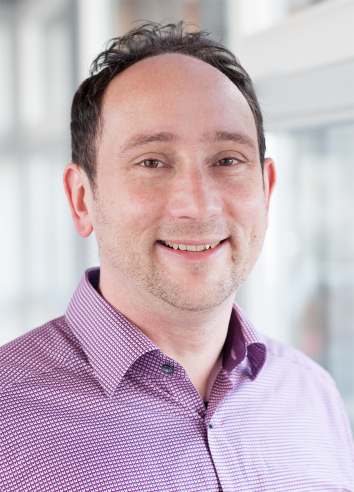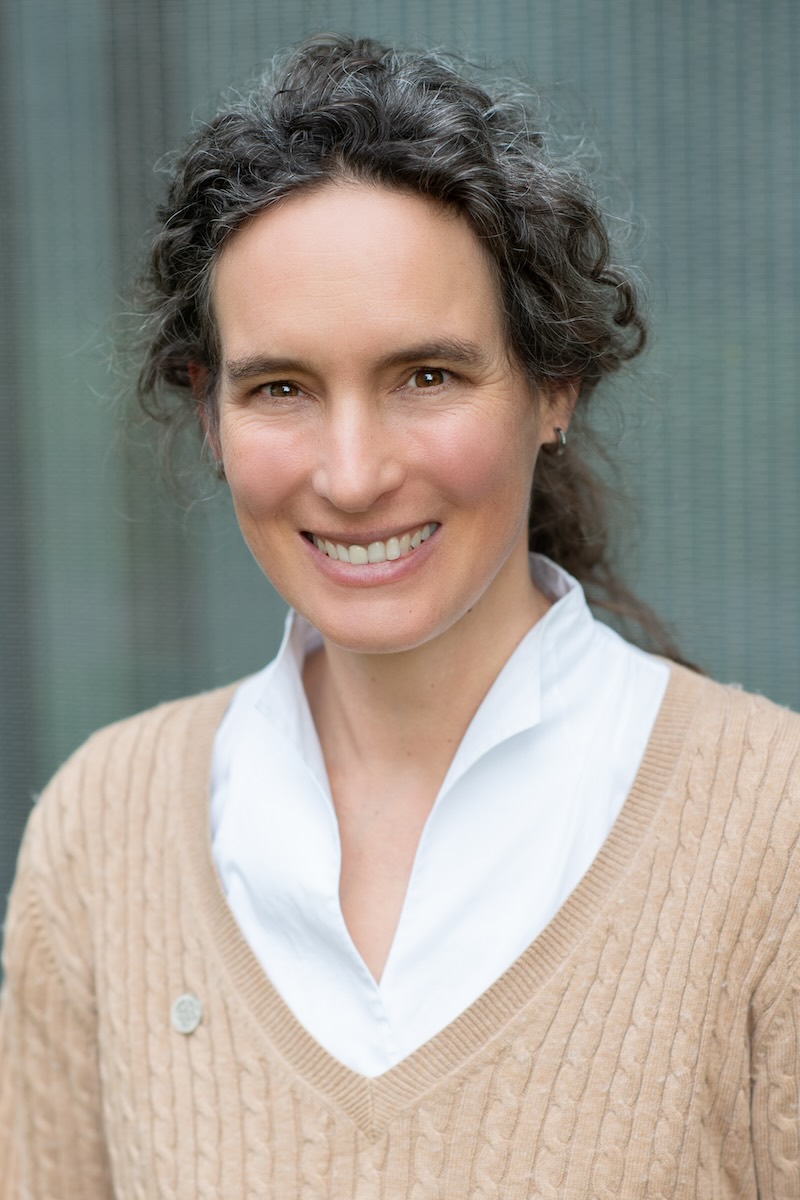Dr. Markus Maucher

89081 Ulm
The research-oriented master’s programme in Media Informatics at Ulm University teaches in-depth knowledge in the classical area of Computer Science as well as specialised contents in Media Informatics. An open, modular study concept allows students to customise their studies with courses in the areas of Computer Science and Media Informatics (e.g. Computer Graphics and Animation, Multimedia, Human-Computer Interaction, Interactive Voice Response Systems etc). The subjects Media Design, Media Psychology and Media Education contribute to the interdisciplinary character of the programme.
Master of Science (MSc)
Type of studyInformation on the study curriculum
Application Start of programme120
Standard period of study (semester)4


The programme prepares graduates to scientifically tackle open questions of Media Informatics. They acquire both methodological and research competences. Students can choose from a broad range of application-oriented, project-related teaching/learning formats in areas of specialisation like Interactive Systems, Video, Animation, Computer Vision or Ubiquitous Computing.
The generous teacher to student ratio in our Media Informatics programme allows for an exceptionally good support of our students.
Reasonably sized classes and tutorial, active encouragement of study groups and additional offers like programming workshops and electronic learning platforms help our students to ease into this versatile programme, especially during their first semesters.
The master's programme is an in-depth specialisation that builds on the bachelor's programme and comes with a comprehensive range of subjects. Students also have the opportunity to actively work in research projects as part of their project components or master’s thesis.
A so-called applied subject complements the subject-specific programme.
Applied subjects provide insights into specialised areas, which creates a basis for potential application areas of media informatics practitioners:
Interactive Systems, Animation, Computer Vision, Interactive Video, Media Education/Media Psychology, Human-Machine Dialogue Systems, Ubiquitous Computing.
The master’s programme (4 semesters, 120 ECTS, MSc) teaches in-depth specialised methodological and personal competences. Graduates are able to work scientifically and independently, plan research processes and develop solution strategies. The individually specialised master’s degree serves as preparation for a doctorate or as concrete career orientation. The degrees are equivalent to qualification level 7 of the German qualification framework and level 2 of the qualification framework for German higher education degrees.
Knowledge: Our graduates have acquired advanced and comprehensive knowledge of engineering, mathematics, computer science and natural sciences. This enables them to work scientifically and act responsibly in their jobs and in society. They have a critical conscience towards new findings in their discipline.
Skills: Our graduates are able to
Competences: Our graduates have the competence to
Beyond their qualification from their bachelor’s studies, our graduates are able to
The master's programme expands on the general qualifications acquired in the bachelor’s programme.
The first semester of the master’s programme covers fundamentals, the following semesters teach specialised contents. Students can choose between a consistent in-depth education in one of the specialisations and a more broad education based on a variety of disciplines of the computer sciences. Computer Science in Ulm is diverse and offers all important sub-areas of computer science as specialisations. The allocation of modules and subjects is explained in detail in the module handbook.
The general core subject is reduced to 24 credit points: 12 ECTS in Practical and Applied Informatics (PAI), 6 ECTS in Technical and System-Oriented Informatics (TSI) and 6 ECTS in Theoretical and Mathematical Methods of Informatics (TMI). The remaining 12 ECTS of the 36 core subject credit points are obtained in the core subject Media Informatics. The applied subject is limited to the applied subject Media Informatics, from which modules amounting to 12 ECTS must be completed. The Media Informatics master's programme is otherwise structured identically to the master's programme Computer Science.
Available choices in the areas 'specialisation' and 'applied subject'.
Applied subjects
Specialisation subjects
The world is coming together – that is also and particularly true for science. International experience is an increasingly important asset to successfully compete in the job market. Students at Ulm University can apply for one or two semesters abroad with numerous universities – both in Europe as part of the ERASMUS+ programme and at universities outside of Europe.
For Computer Science programmes we have partner universities, for example, in Estonia, Finland, France, Italy, Holland, Norway and Spain. The International Office provides further information.
Depending on your goals, you may find the following links helpful:
Applied subjects provide insights into specialised areas, which creates a basis for potential work areas for media informatics practitioners:
Our cooperations with the industry provide the opportunity for our students to gain direct insights into industrial practice. External projects, bachelor's and master’s theses as well as study-related part-time work allow students to obtain relevant experiences and establish useful contacts.
Ulm University, situated on the axis Stuttgart - Munich, is embedded in a traditionally highly technical industrial environment with a very strong smaller and medium-sized business sector as well as large companies and corporations like BMW, Bosch, CassidIAn, Daimer (research centre), EADS, HP, IBM, Liebherr, Nokia, NSN, Porsche, Siemens and Zeiss, to name just a few. The smaller and medium-sized business sector shapes the economy in Baden-Württemberg and many of these companies are internationally active and global leaders in their specialised areas.
Smaller and medium-sized IT companies are increasingly and particularly seeking employees with a research-oriented higher education as foundation for their research-intensive product development. Computer Science graduates therefore have outstanding career opportunities, both locally and internationally, in any of our offered specialisations and study subjects.
The numerous research cooperations Ulm University maintains with these companies give our students the chance to gain practical experience through internships or study-related part-time work. The final thesis is another opportunity to work on relevant research and development questions in a practical setting. The broad and method-oriented education provides optimal conditions for desirable entry positions in research and development in these enterprises.
Another option are entry positions in technic-related areas like technical sales or production. There is currently a much greater demand for qualified computer scientists than graduates are available.
Entry opportunities in public authorities and administrations are an alternative to an industrial career path.
The broad scientific, method-oriented education furthermore qualifies master's graduates for research positions. The University, its associated institutes and the Science City offer a vast range of opportunities for research positions and doctorates.
Fachschaft Computer Science (subject-related student representatives)
Academic Affairs Committee
Dean of Studies: Prof. Dr. Birte Glimm
Course advisor: Dr. Markus Maucher
PRO MINT & MED student advocates
Chairman Examination Board: Prof. Dr. Enno Ohlebusch
Assistant affairs Computer Science: Traude Graser
Study abroad: Professor Dr.-Ing. Frank Slomka Ph.D Sabine Habermalz (ERASMUS, International Office), Brigitte Baur (BW exchange programmes, International Office)
You can find most contacts in the online address book of the University.